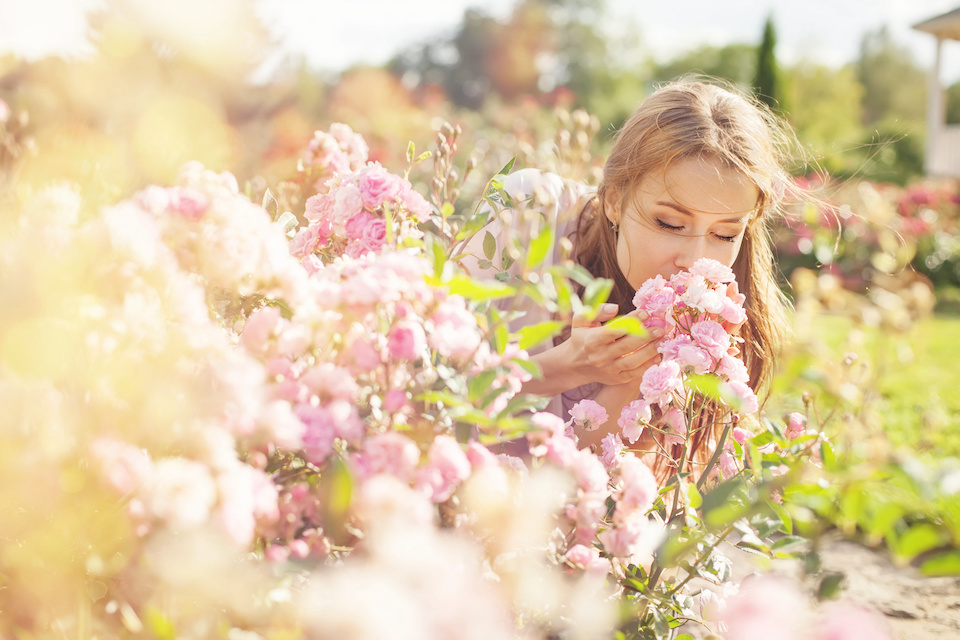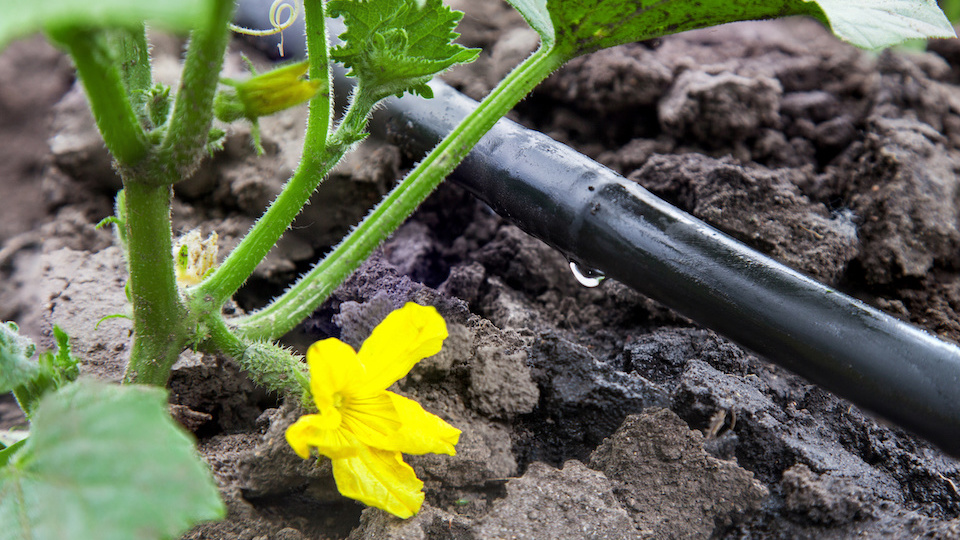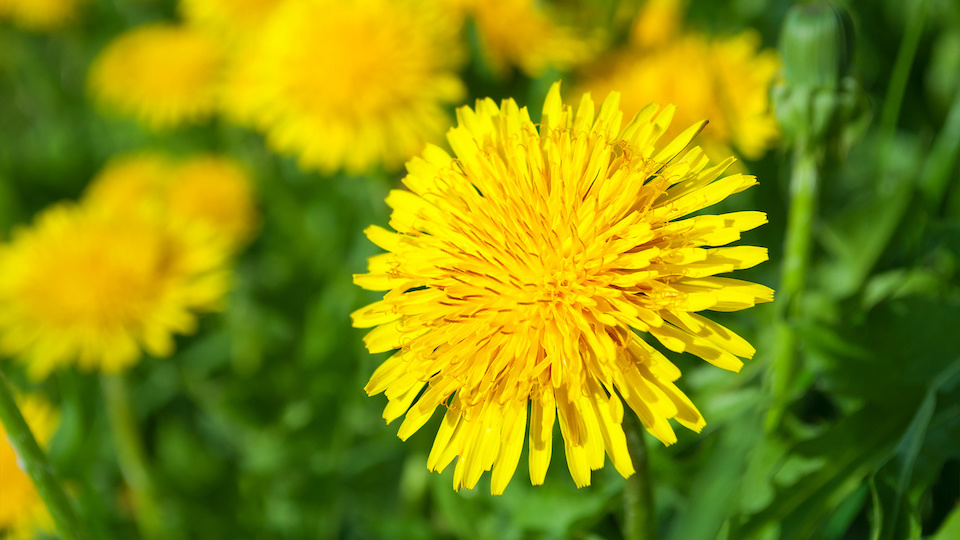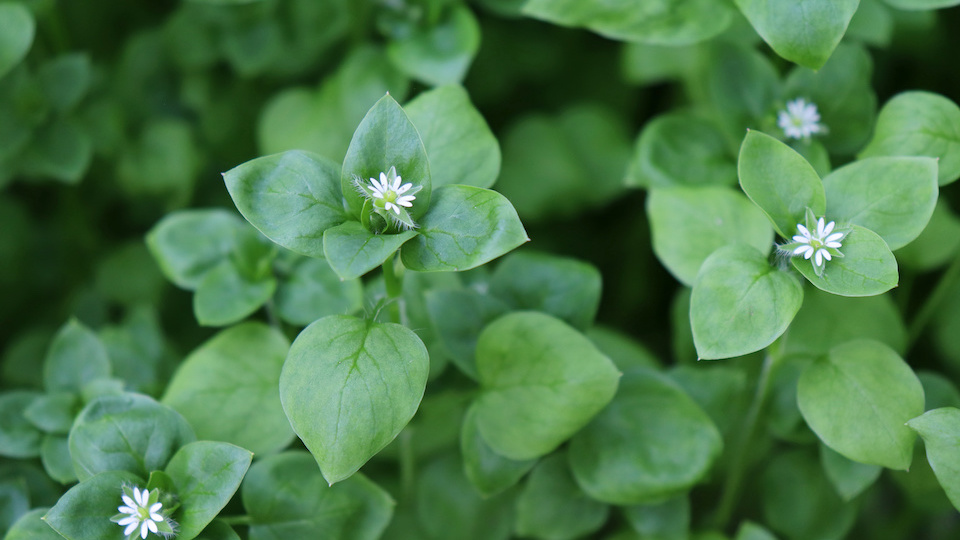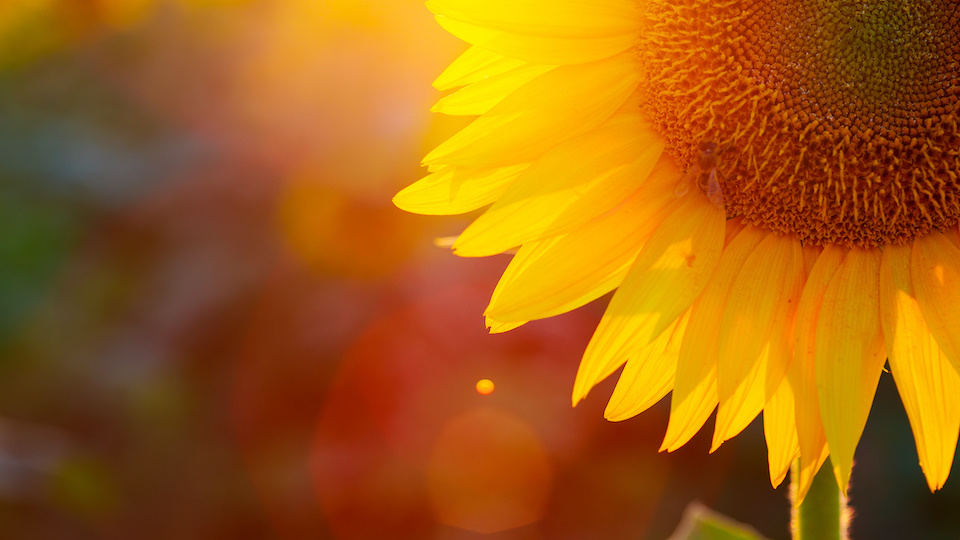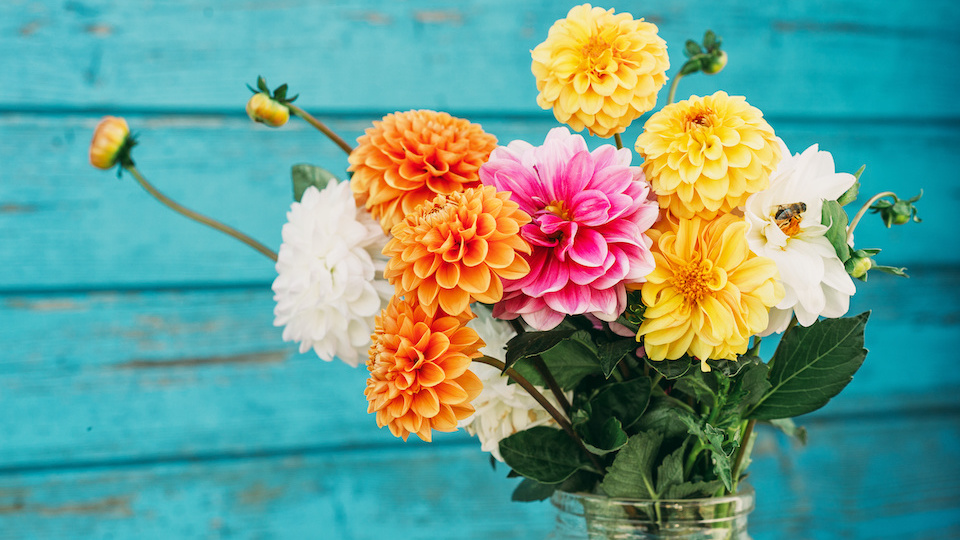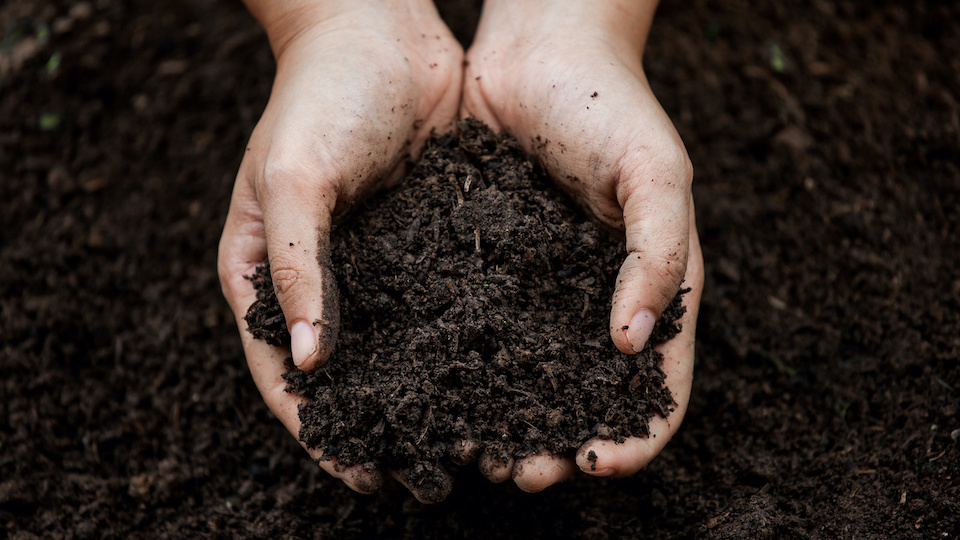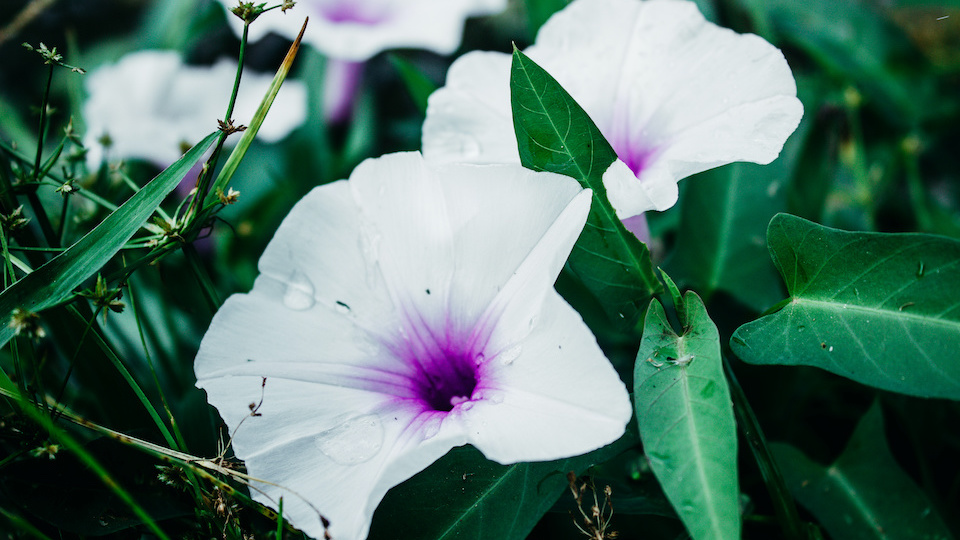These 3 Odor-Absorbing Plants Knock Out Stink Fast (without chemicals)
We put them in our cars, offices, homes, garages, and everywhere that odors may linger. We mist, spray, plug in, and sprinkle toxic “smell good” chemicals without knowing the health risks. Products that we think are making our air fresher are actually making it toxic.


